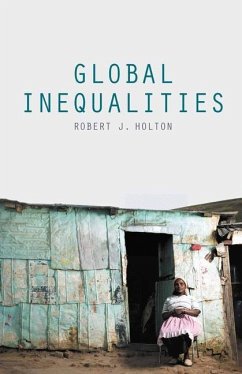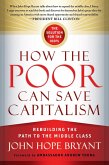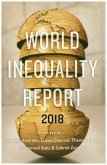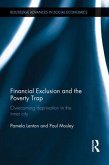What causes global inequality? Why should we be concerned about it? Is inequality getting worse or are there signs of improvement and progress? This critical analysis of the current state of global inequality pushes beyond ideological prejudice and simplistic explanations, to address these important questions. Offering a distinctive response to the many challenges in the area, the text presents a holistic account of inequality by: . taking a multidisciplinary approach, incorporating perspectives from sociology, politics and economics; . recognising the influence of historical trends on inequality today; . and viewing inequality from a global perspective, as well as a national one. Drawing on major theories of inequality and up-to-date evidence, Robert J. Holton guides readers through the complex issues at hand, making this text a valuable resource for students of sociology, global studies, politics and development studies.








